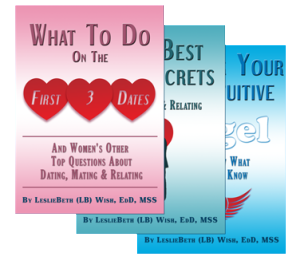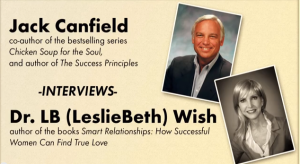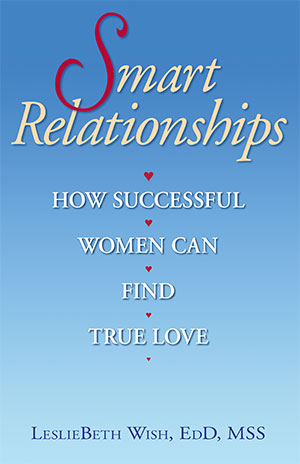Even people who are good at reading the behavior of others can miss those red flags that send a warning wave.
Here is a list of the top reasons why we misread—or dismiss—these signals. This list is based on the solid research of others and on my research with thousands of couples over the course of many, many years.
But why do we miss them?
You can get better at reading people!
Top Reasons Why You Miss Relationship Red Flags:
Read each statement—and see if it describes you!
1. I have invested so much time and emotions in this relationship already.
Want to know how to lose money in the stock market? The answer is: Keep holding on to a bad investment in the hope it will get much better.
We do the same thing in love when we see serious red flags: We protect, perpetuate, rationalize, justify and minimize the behavior so that we don’t have to make any major changes. Ouch! Get brave to break up when there are serious red flag warnings. Life is short—but it can also feel very long—and even scary—when you stay in an unhealthy relationship.
2. I think: Who am I to judge—especially since I don’t have such a pristine past?
Most cultures and religions value forgiveness and understanding—which, in general is a good thing. As a result, we often have difficulty being critical or rejecting of others. But just because you are not perfect is no reason to put up with abuse and other unacceptable behaviors. Give yourself permission to expect and ask for kindness, trust, teamwork and healthy love.
3. I am afraid to be older, alone and lonely.
In general, being in a mutually happy relationship is good for your health. It can boost your immune system, confidence, competence, productivity and sense of well-being. Yet, too often, we stay in a loveless match because we believe the alternative of being alone is worse—especially if you are getting older. When you talk yourself into staying, you reduce the possibilities of becoming your better self and finding healthy love. Don’t let your fears rob you of you and your remaining years. Yes, life can be frightening at times, but staying in your rut can be even more frightening and damaging.
4. I thought I found “The One”—and now I don’t trust my love judgment at all!
What’s really wrong with that statement? The answer: Believing that there even is a “One.” There are lots of “Ones.”
I’ve told this story many times, but it is worth repeating here:
I had a friend who, after graduate school, landed a great job in her field. The problem was, she thought, that the job was in a more rural community. In addition to starting her career, she also hoped to be in a setting where she could meet many eligible men.
I said to her that any area that needed her skills probably also needed the skills of physicians, attorneys, business owners, accountants, teachers, and many other professional services.
And sure enough—she met a great man, an attorney, and they have been happily married for decades.
See, it just doesn’t make sense that in this whole wide world that there is just oneperson for you! Don’t use false beliefs to justify ignoring red flags—and thereby staying in a bad relationship.
Being single and wanting to find love can be a long road with ups and downs. But, think about what most people do to find a job: They post their resumes on those huge job sites; they answer lots of ads; they go to many professional meetings and events, etc. In other words, they increase the number of chances of finding something.
Looking for love is no different. You have to get out there and date lots of different people. If you use your fear and disappointment to hide out, you risk getting evenrustier at reading people!
5. I feel a lot of family pressure to stay with this person.
In my research, I learned that one of women’s top reasons for choosing someone who is not so good for them is the desire to avoid being the Old Maid in the family. These women said things such as: “I am the only one of my first—and second—cousins to be single still.”
Many of these women compromised their values, needs and happiness by making an “okay” match.
Or, there is family pressure to grab the next good-enough person so that you can produce grandchildren.
In addition, if you are part of a family business, you can feel overly responsible to stay with someone who is not good for you—but who works with the family. The reality is that family businesses often must face the same challenges of non-family enterprises of losing good employees and firing bad ones. And, believe it or not,very few of us are indispensable!
Don’t put all the burdens of a family business on your shoulders. Ask yourself:“How willing am I to sacrifice my life for a business?”
I hope these top reasons got you thinking. Add the ones you discovered that are unique to you.
I wish you love and bravery!







